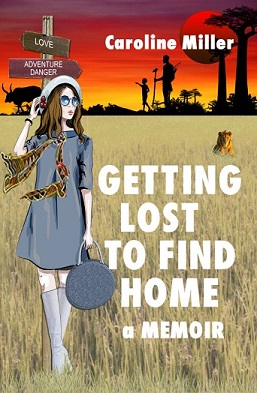
Courtesy of wikipedia.com
Like the boy who cried wolf, U. S. Senator Bernie Sanders has long blamed oligarchs for weakening our democracy. Of late, his prognostications ring true. Vast fortunes concentrated in the hands of large corporations and a few individuals have weakened the middle class, leading the country toward a two-tiered economic system of rich and poor.
Accumulating money has become the focus of almost every institution, including religion. Greed has a similar stranglehold in the book publishing business, which is why I’ve decided to give up writing novels and will return to short stories. I’m not alone in my disappointment with book publishing. In an interview on Just Read It, author Karl Marlantes also admits that art has merged with commerce.
We should have seen it coming. Once publishing houses started gobbling up their weaker competitors, the behemoth companies that emerged stopped accepting book submissions over the transom. They turned the talent search over to agents. Agents live on leaner profits than publishers, so to foster their solvency they prefer commercial work rather than art. How else can one explain literary fodder like Fifty Shades Of Grey?
Making agents gatekeepers in the publishing world has also led to a demand for books with a continuing character. Once a writer scores, headhunters prefe to stick with the formula.
Neither publishers nor agents market books. That task they assign to authors. In the past, that wasn’t the case. But today, whether house-published or self-published, authors find themselves obliged to trawl for customers.
Amazon, which began as an internet bookseller, was quick to see a market niche. Expanding from sales, they pivoted to include distribution services for small presses and self-published authors. Their plan was a success.
Amazon grew large enough to put fear into the hearts of big publishing houses. To compete, those houses added electronic sales to their distribution system. But by then, Amazon had nearly cornered the market. Big publishing houses had to cut a deal. Naturally, Amazon grew larger. Today, it controls more than 50 percent of the online and offline book sales, its earnings totaling $28 billion a year.
In the beginning, Amazon had an advantage over its competitors. Being an internet company, it was exempt from state and local taxes. These savings, it passed on to their customers. And who doesn’t like a bargain?
Consumers flocked to Amazon like a baby to its Pablum. Neighborhood bookstores couldn’t compete and began to die off. Seeing its power, the company flexed its muscles and turned on the publishing houses, demanding deeper discounts.
The houses resisted, and for a time, lawyers on both sides of the debate profited mightily with suits and countersuits. Eventually, both sides agreed the legal solution was too expensive and sought common ground. The answer was to raise costs for the consumer. As a result, these companies have been accused of price fixing.
For readers and writers, the publishing terrain has grown arcane. Here’s another example. Recently, I published a review on Amazon for Susan Stoner’s latest Sage Adair mystery series, Preservation,
A few months later Amazon’s review policy changed. A former South African student wrote me to complain that Amazon had rejected her review of my memoir, Getting Lost to Find Home. She had violated “community standards,” they said. After reading what she’d written, I scratched my head.
Reading this book brings back some of my fond memories of the time Ms Miller spent in Africa. As a scholar at the school where she taught in Rhodesia (Zimbabwe) (sic), I remember her as a young energetic teacher full of fun. In her memoir Ms Miller realistically conveys her challenge of being out of her comfort zone, facing new and unforeseen adventures. The beautifully written travel log tells of the journey from initial excitement to trepidation and uncertainty, to facing the harsh reality of life in a foreign country. A good read of a coming of age.
As it turned out, the community standard was self-serving. Amazon told my former student she hadn’t purchased enough books the previous year to be eligible to submit a review. I shrugged at the bald audacity. The policy might work for the company, but it does bupkus for the writer who could use a few kind words.
As for the consumer, they get short shrift, too. The pennies they once saved with the internet company have evaporated. And while free speech exists in the Western world, on Amazon, it has a price.
________________________________
Listen as William Kenower, host of the podcast “Author to Author” interviews Caroline Miller about her memoir “Getting Lost to Find Home”
https://www.blogtalkradio.com/author-magazine/2024/01/23/author2author-with-caroline-miller

